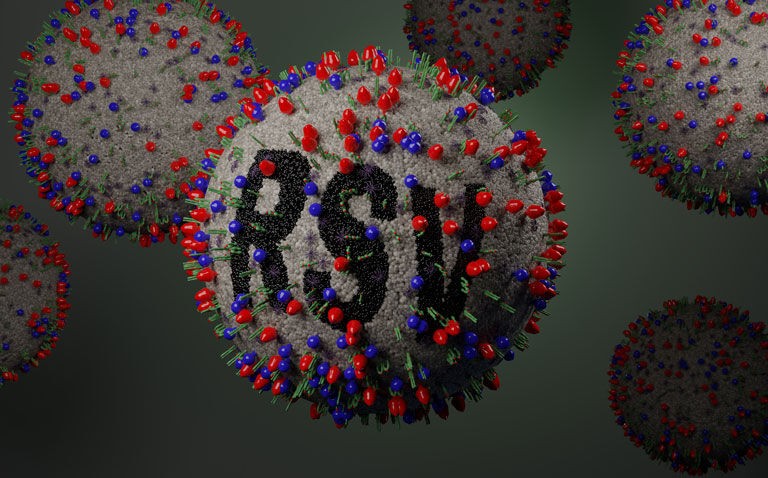mRNA-1345 is a vaccine against respiratory syncytial virus (RSV) that showed a high level of efficacy against lower respiratory tract disease
Moderna has announced that mRNA-1345, its investigational vaccine, met its primary endpoint and demonstrated a high vaccine efficacy against RSV-associated lower respiratory tract disease and which was defined by two or more, as well as three or more, symptoms.
The ConquerRSV trial is a randomised, double-blind trial, designed to evaluate the safety and tolerability of the mRNA-1345 vaccine. The study sought to demonstrate the efficacy of a single vaccine dose in the prevention of a first episode of RSV-associated lower respiratory tract disease when compared to placebo, 14 days after vaccination, through to 12 months. In a site dedicated to the study, individuals are invited to screen for inclusion, highlighting how in the US alone, the virus causes 14,000 annual deaths.
ConquerRSV was reported to have recruited more than 37,000 adults 60 years of age and older. The study’s primary efficacy endpoints were based on two definitions of RSV-lower respiratory tract disease with either two or three or more symptoms.
According to Moderna, the efficacy of the vaccine was 83.7% (95% CI 66.1 – 92.2%, p < 0.0001) against RVS-associated disease as defined by two or more symptoms. The reported interim analysis was based on a total of 64 cases, 55 of which occurred in those given placebo. In addition, there were 20 cases of RSV-associated lower respiratory tract infections where patients presented with 3 or more symptoms, of which only 3 occurred in patients given the vaccine. This gave a vaccine efficacy of 82.4% (95% CI 34.8 to 95.3%, p = 0.0078) against RSV-associated disease with 3 or more symptoms.
An analysis of safety data showed that mRNA-1345 was well tolerated and there were no safety concerns identified, although this will continue to be monitored as the trial progresses. Commonly reported adverse effects were generally mild to moderate in severity e.g., injection site pain, fatigue, headache, myalgia and arthralgia. In fact, only 4% of systemic adverse reactions reported for the vaccine were grade 3 or higher (i.e., severe) and overall, there were only 3.2% of localised adverse reactions, at grade 3 or above.
Moderna also announced that these findings will be submitted for publication and presented at an upcoming conference and hope to submit all the data for regulatory approval in the first half of 2023.










